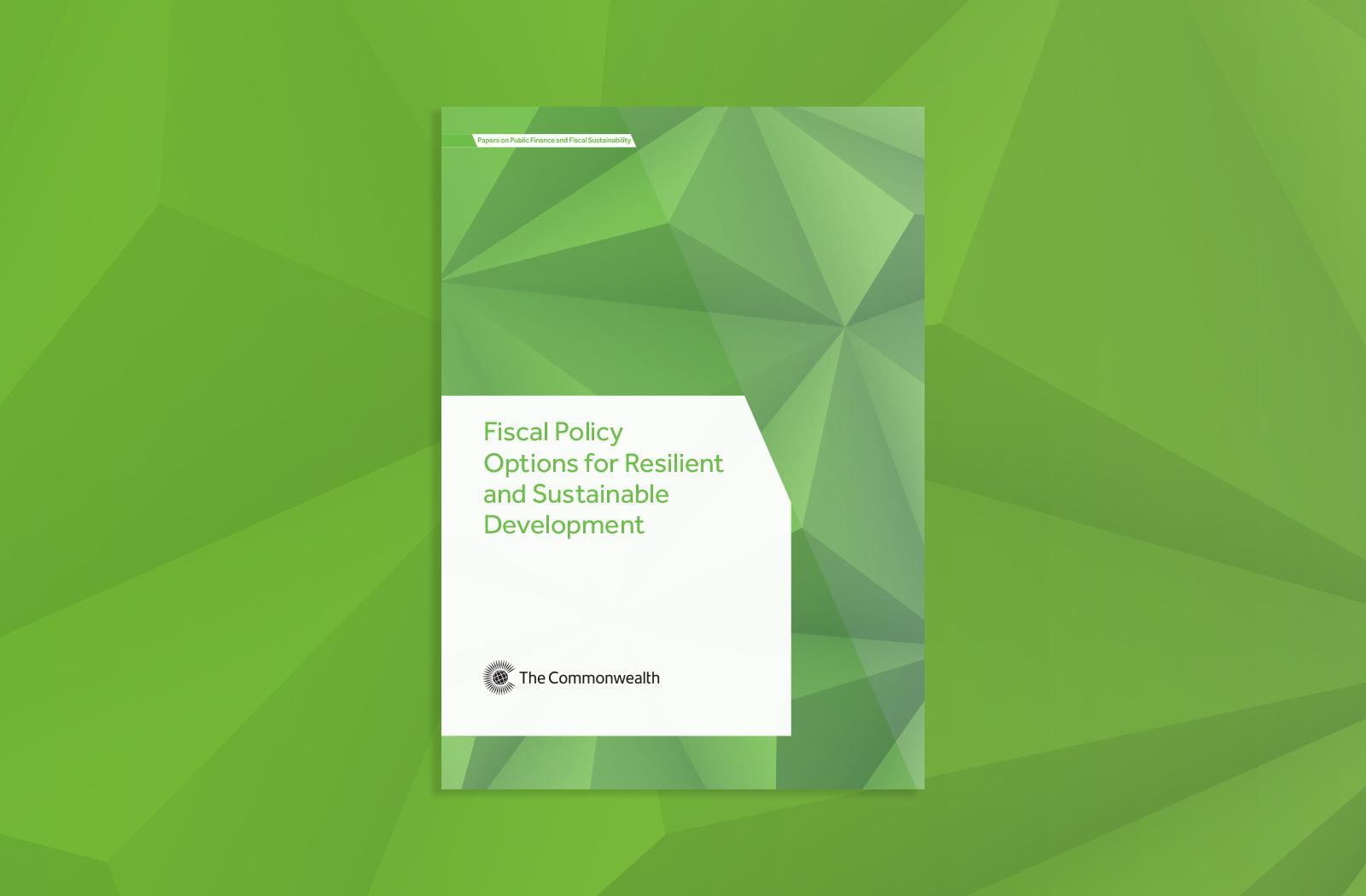
Ever-increasing and diverse shocks and uncertainties threaten resilient and sustainable development, more so in Small Island Developing States (SIDS) and least developed countries (LDCs) which are disproportionately affected.
Creating enabling environments and the capacity to access and generate multidimensional financing for development, climate change and enhanced resilience, remains challenging amid global pressures. One feasible approach is to revisit the criteria for financing allocation and the management of earmarked international transfers and debt relief. As was highlighted at COP27, sustainable financing solutions for climate investment are needed, and a greater role for the private sector is anticipated going forward. Implementation requires a foundation of effective national and local taxation mechanisms and better governance, especially in cases of intergovernmental and cross-border transfers. Moreover, criteria for debt sustainability and fiscal rules, especially at subnational level, need to be realigned.
This paper focuses on fiscal policy options for resilient and sustainable development. An appropriate design and mix of national taxes would help raise revenues efficiently, reduce the cost of doing business and the barriers to exports, and encourage economic integration to counteract disruptions in global value chains. Further, attention to subnational tax regimes is needed to ensure the stable provision of essential public services and local infrastructure. Robust local, and especially city-level, own-source revenue generation and sound fiscal management is essential for accessing private finances, including bonds, international capital markets and public–private partnerships (PPPs). Greater integration of environmental, social and governance (ESG) criteria in public investment practices can be used to improve fiscal governance and accountability.



